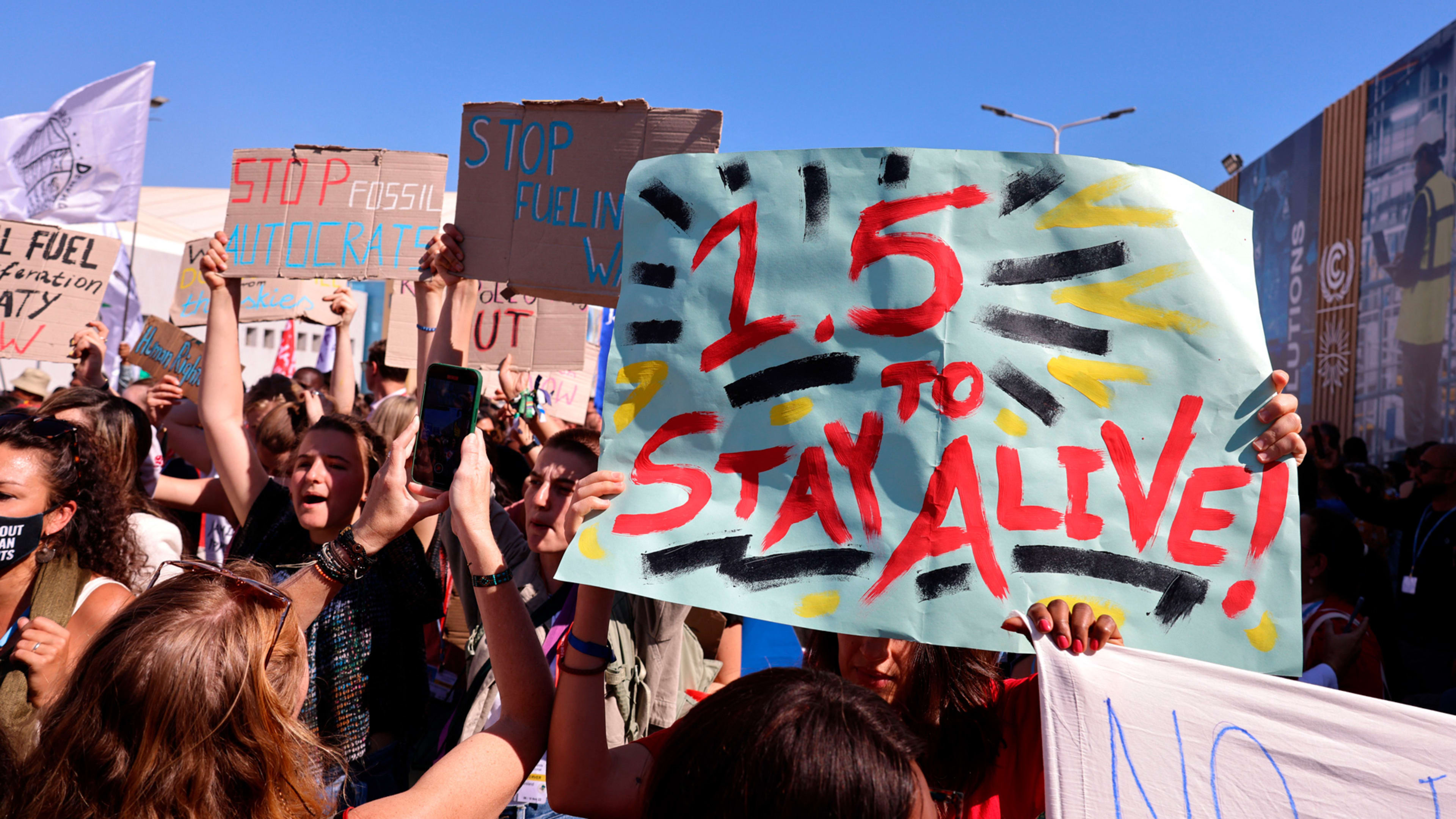Global temperatures are expected to surge to record-breaking levels in the next five years and breach the 1.5-degree Celsius (2.7-degree Fahrenheit) threshold set out in the Paris climate agreement, according to a report by the World Meteorological Organization (WMO).
Researchers at the UN agency warned that there is a 66% chance that the annual average global temperature will climb above 1.5 degrees Celsius of warming above pre-industrial levels by 2027. Global temperatures have continued to soar over the past few years, threatening a new phase of climate change, as the world continues to burn fossil fuels.
The WMO added that there is a 98% chance that at least one year in the next five-year period will surpass 2016 as the warmest year on record.
“This report does not mean that we will permanently exceed the 1.5 degrees Celsius level specified in the Paris Agreement, which refers to long-term warming over many years,” said WMO Secretary-General Professor Petteri Taalas in a statement. “However, WMO is sounding the alarm that we will breach the 1.5 degrees Celsius level on a temporary basis with increasing frequency.”
The Paris Agreement, signed by more than 190 countries in 2015, set a goal to contain the rise in global temperatures to under 2 degrees Celsius and preferably no more than 1.5 degrees Celsius. Scientists view the latter threshold as the tipping point beyond which global catastrophes could increase dramatically.
There is also a combination of a looming El Niño and heat-trapping pollution contributing to the warming, and the ramifications of the rising heat could be extensive, according to the WMO.
“A warming El Niño is expected to develop in the coming months and this will combine with human-induced climate change to push global temperatures into uncharted territory,” Taalas said. “This will have far-reaching repercussions for health, food security, water management, and the environment. We need to be prepared.”
Natural disasters linked to global warming have continued to increase over the past few years, from disastrous flooding in Pakistan to record-setting heat waves in Britain.
A November WMO report found that the past eight years have been warmer than every year on record before that period. But scientists have also expressed that there is still time to reduce global warming by moving toward investing in clean energy.
At the end of the year, countries will meet in Dubai at the UN climate summit to assess the progress that’s been made toward the targets outlined in the Paris Agreement, in what’s called a “global stocktake.”
Recognize your brand’s excellence by applying to this year’s Brands That Matter Awards before the early-rate deadline, May 3.
